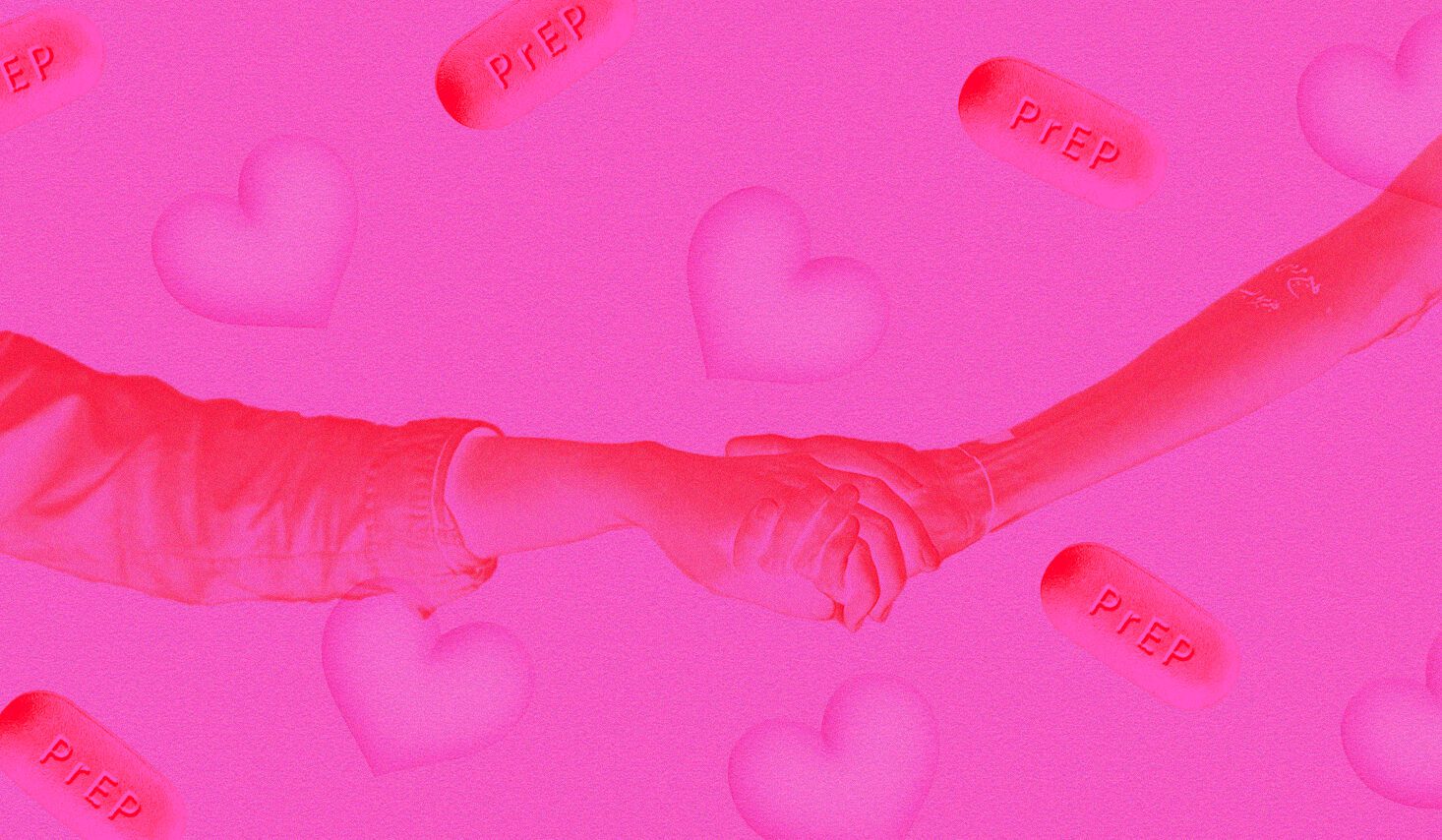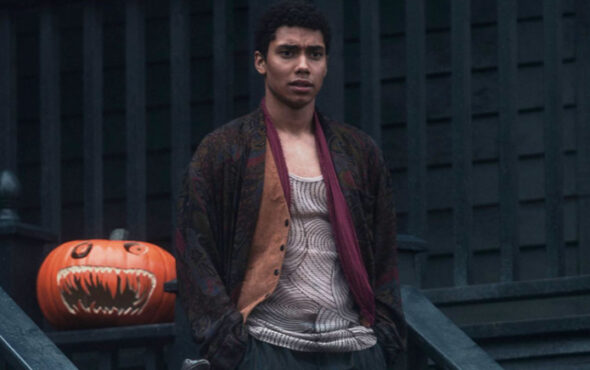
In 1988, the Tory government created Section 28, a law that prohibited the “… promotion of homosexuality” by local authorities. Section 28 didn’t officially prohibit schools from teaching about (homo)sexual health, but it had the impact of censoring and scaring teachers and governors from mentioning, teaching or even acknowledging anything queer related in schools. In many instances this affected the sexual health information young people received. When the laws were removed in 2003, I was 13 struggling with my sexuality. Sexual orientation was still not discussed at all for the remaining three years by teachers and never discussed positively by my peers. I left school with exacerbated feelings of loneliness and otherness; taught nothing about sexual health clinics, healthy relationships or anything about sexual orientation. I know there are several other queer people around my age and older who had similar experiences. We were forced to navigate sexual health alone, teaching ourselves through friendships, relationships, and sex. Has this changed for young people today?
Recent data from UK Health Security Agency shows it hasn’t; HIV testing is low in people aged 15 to 24 although it’s higher in people aged 25 to 34. The data also shows that young people, the age group with the highest burden of STIs, may experience greater difficulty in finding, accessing and engaging with relevant online sexual health information. Furthermore, a report released this month commissioned by Sex Education Forum (SEF) based on a survey of over a thousand 16–17-year-olds revealed Relationships and Sex Education (RSE) lessons are being delivered inconsistently. Young people often have few opportunities to influence how their RSE lessons could be improved or ask any further questions. COVID disrupted education, creating challenges for young people, teachers and parents, having a substantial effect on the delivery of RSE to yet another entire generation of young people.
In September 2020, legislation made new inclusive relationship and sex education statutory in all secondary schools, and relationships education statutory in all primary schools in England. This area of teaching was due to start in September 2021, but schools have asked for more time to properly implement the curriculum due to COVID delays. The SEF report uncovered massive gaps in the provision of RSE. Findings showed that half of young people in England received absolutely no RSE during lockdown, and 22% rated RSE lessons as ‘bad’ or ‘very bad’. One third learned nothing about how to access a sexual health clinic, 28% said they received no information on how to recognise healthy relationships, and 28% said they learned nothing about sexual orientation.
This is worrying as the latter three topics were made mandatory under the new RSE curriculum and under 25s account for the highest rates of unplanned pregnancies and nearly half of new STI diagnoses in England. Issues with RSE provision can be especially worrying for young queer people. They may be struggling to understand their sexuality, or have had less examples of healthy queer relationships, or may need to know the importance of accessing sexual health clinics or may come from cultural backgrounds where they’re unable to be out to their families. Historically, we know that within queer communities one of the best ways to learn about new and different sexual health components is through talking with friends. We saw this during the HIV epidemic and have seen it more recently with PrEP, in both instances we couldn’t rely on the government.
Since October 2020, PrEP has been available in England to anyone over the age of 16 who is at higher risk of HIV and wants it, but this isn’t being taught to young people. Prior to PrEP becoming more accessible, we saw on the NHS England IMPACT Trial that men under 25 were significantly less likely to start PrEP than over 25 – this must change. At PrEPster we want to continue a long-standing tradition of sharing information to ensure it reaches people who need it most. We created a short video following three queer men under 25 as they talk about their own personal journeys of taking PrEP or attempting to take it as well as challenges with accessing sexual health clinics. Their experiences mirror parallels between mine as well as those in secondary school now.
To address the lack of progress with delivering the mandatory curriculum and ensuring adequate, high-quality RSE is provided to all young people this needs urgent attention and progress needs to be monitored very closely. There needs to be much more investment in RSE training, schools, and teachers. This must be a wake-up call to the government as without immediate intervention, we seriously risk letting down yet another entire generation of young people.


